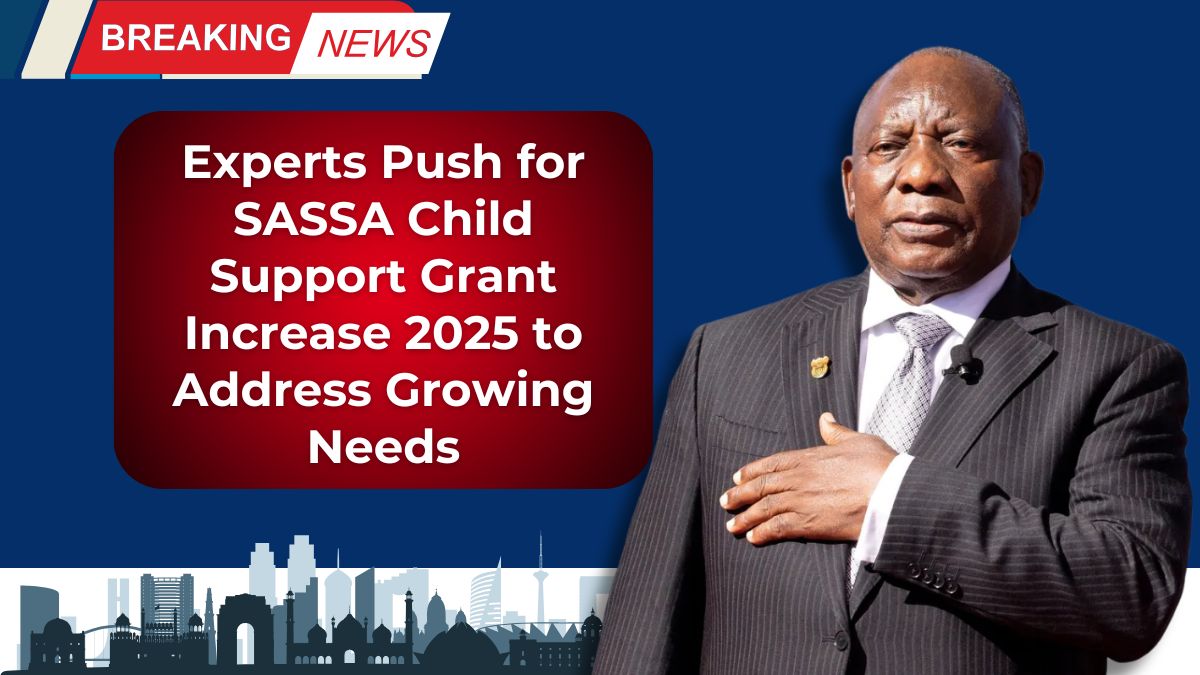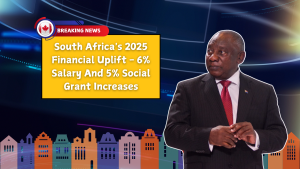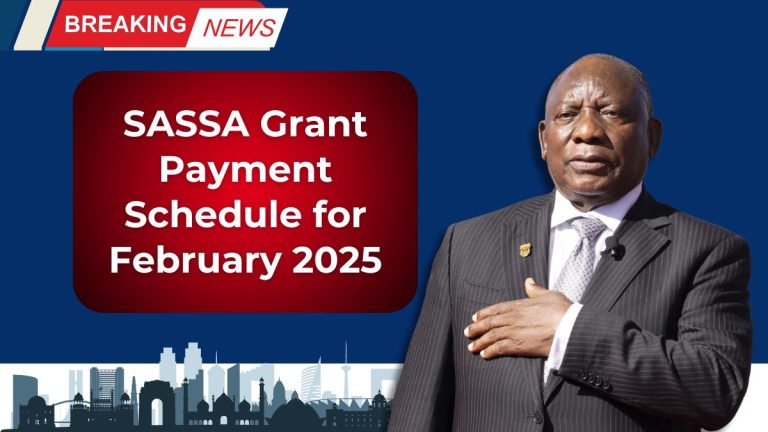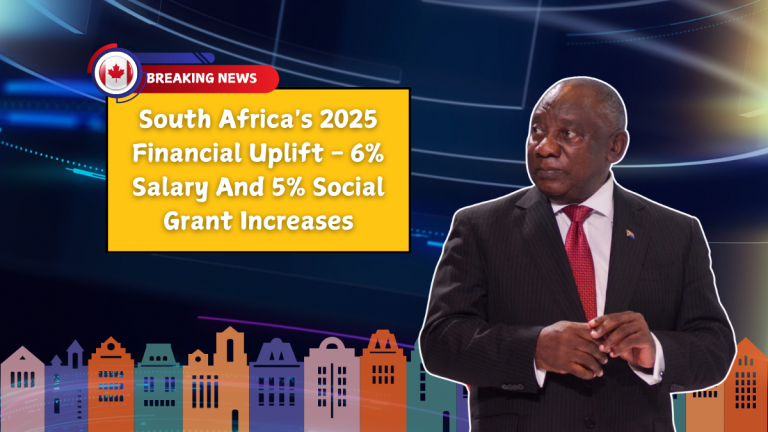The South African Social Security Agency (SASSA) has long played a pivotal role in supporting low-income households, particularly through its Child Support Grant, which provides financial aid to caregivers.
However, the rising cost of living and the country’s persistent economic challenges have rendered the current grant insufficient, calling for immediate government action to enhance the grant amount.
Current State of the SASSA Child Support Grant
The Child Support Grant aims to alleviate child poverty by enabling caregivers to provide basic necessities such as food, healthcare, and education. Despite its critical importance, the monthly payment of R530 per child falls significantly short in addressing the financial needs of families in South Africa.
Key Details About the Grant
| Aspect | Details |
|---|---|
| Current Payment | R530 per child per month |
| Payment Frequency | Distributed monthly, typically in the first week |
| Eligibility | Caregivers must meet income and residency criteria and reside in South Africa with the child |
| Supplementary Grants | – Foster Child Grant: R1,130 per month – Care Dependency Grant: R2,090 per month |
This program currently supports 13.2 million children, underscoring its importance in mitigating poverty. Yet, with inflation and rising costs, the grant fails to meet even the food poverty line of R760 per person per month, leaving many families in dire straits.
Why an Increase in the Child Support Grant is Urgent
Soaring Costs of Living
The cost of basic necessities in South Africa has risen significantly, straining families reliant on the Child Support Grant. Essentials such as maize meal, bread, and cooking oil have experienced price surges, making it increasingly difficult for families to afford balanced diets.
Additionally, high transportation costs for school commutes and healthcare visits add further burdens. The current grant amount of R530 per month per child is inadequate to cover these escalating expenses, leaving families to struggle with tough financial decisions.
Poverty’s Grip on Children
Poverty remains a critical issue in South Africa, with over 60% of children living below the poverty line. The inadequacy of the grant exacerbates this problem by failing to bridge the gap between families’ financial needs and available resources.
The R250 shortfall between the grant and the food poverty line forces families to choose between essentials like food, education, and healthcare, perpetuating the cycle of poverty and severely impacting children’s physical and mental well-being.
The Potential Benefits of Increasing the Child Support Grant
Raising the Child Support Grant to match the food poverty line or exceed it would have transformative effects on families and children across South Africa.
Key Benefits
- Improved Nutrition
Families would be better equipped to provide consistent and nutritious meals, reducing malnutrition rates and improving overall health outcomes for children. - Enhanced Educational Opportunities
A higher grant amount would alleviate financial pressures, enabling families to invest in school fees, uniforms, and supplies, thus keeping children in school. - Access to Healthcare
Increased financial support would help caregivers afford transportation to healthcare facilities and pay for essential medical services. - Breaking the Poverty Cycle
By meeting basic needs, families would have a greater chance to improve their socio-economic conditions, reducing long-term dependency on grants.
FAQs
What is the current amount of the Child Support Grant?
The current monthly payment is R530 per child.
Why is the grant amount considered insufficient?
The grant amount is below the food poverty line of R760, making it difficult for families to afford basic necessities like food, shelter, and education.
Who is eligible for the Child Support Grant?
Caregivers must meet SASSA’s income and residency criteria and reside in South Africa with the child.







